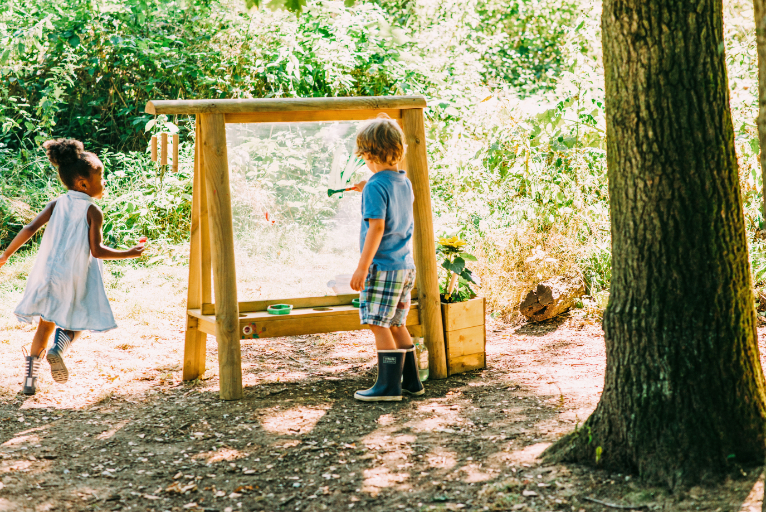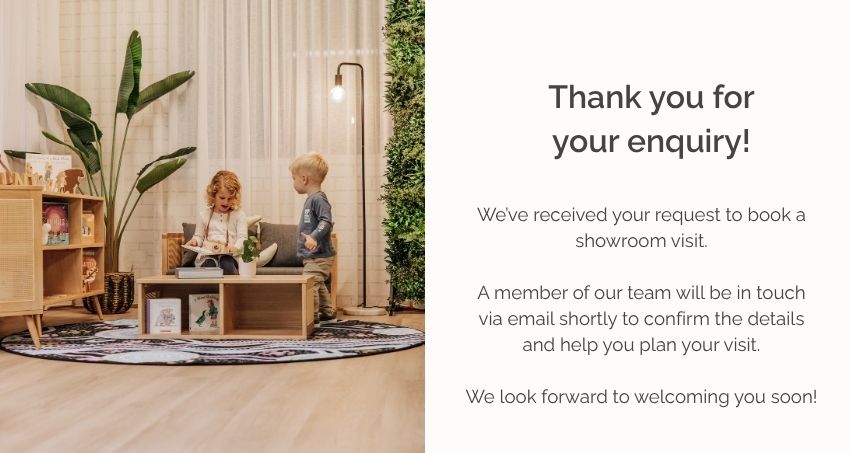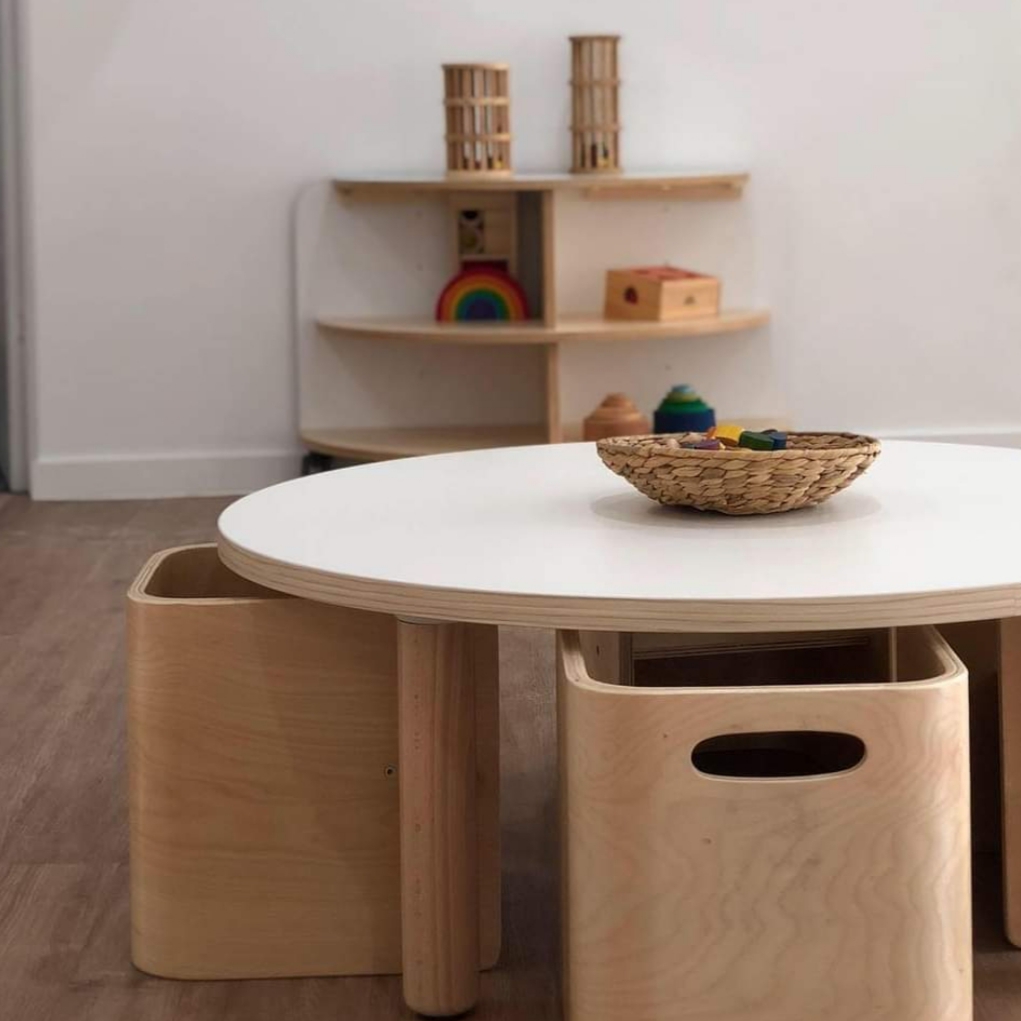
Imaginative play re-imagined: The power of the way a child views the world
“Imagination should be used, not to escape reality, but to create it.” This quote from the late philosopher and writer Colin Wilson perfectly sums up how important imagination is not just for a child’s creativity, but to develop important life skills.
Imaginative play is nothing new. While it may have evolved over time with the advancement of toys and resources, family dynamics and gender roles, it’s the ultimate form of play to build confidence, encourage creativity and improve communication skills.
This type of play doesn’t need to be elaborate. In fact, it may involve very little involvement from you and your colleagues. That’s the best part of imaginative play – it’s a space for children to be their true selves and not need too much assistance. You’ll watch them thrive and grow through this form of play. You’ll watch them build relationships, and you might even learn a thing or two about how seeing the world through the eyes of a child. This is where play crosses over from the imaginative into reality. The way children play and create scenarios suddenly leads them to a reality of finding what they’re passionate about, how they communicate with others, and
So, how can you encourage imaginative play in your early learning environment and actively help to create a ‘reality’ for them, without too much interference or guidance?
-
Get to the heart of their passions, hobbies and interests
It’s so important to really get to know the children in your early learning environment. This could be through show and tell, or even seeing what they gravitate towards in your centre. For example, if you’ve got a group of children who love the outdoors, planning a treasure hunt where they can role play is a fun way to promote problem solving, communication and team building. For something less structured, simple items such as buckets, shovels and bowls can lead to endless imaginative play scenarios.
If their eyes light up when talking about their play kitchen at home, their favourite characters or even their favourite animals, how can you support this? How about show and tell with a twist?
Encourage children to, in their own way, talk about what they love in a role play scenario. If they love their play kitchen, ask them to show their peers their favourite thing to ‘make’. If they love animals, why not encourage them to team up with their peers to act out a zoo scenario? These types of activities can help to develop children’s sense of identity, self-esteem and communication – three of the most important things they can learn during these formative years.
Ultimately, be guided by each child’s interest and you’ll see them thrive.
-
Less things = more imagination
You may think that ‘things’ are the best way to encourage imaginative play. Food items and utensils in home corners, trucks in the sandpit and cars for the playmat indoors are great to have, but structures and ‘big ticket’ items that can be used over and over again are a worthy investment in encouraging imaginative play. This is where open-ended items match up perfectly with the world of imaginative play.
Children’s imaginations are limitless. A play shelter could turn into a castle, a mud kitchen could turn into a five-star restaurant, a play tray could turn into a boat, and an area with allergy-friendly plants and small tress could turn into a fairy garden. These are just a few things we can imagine off the tops of our heads – just imagine what children are able to dream up! Hours of fun, learning and team building through the use of open-ended structures and resources.
By giving children the ability to remove themselves from reality, we give them the opportunity to open a whole new avenue of interests and way of viewing the world.
While children may create scenarios that are far beyond what we would consider ‘reality’, the skills they acquire, the relationships they build and the creativity they unleash create a ‘reality’ of growth, development and the unlocking of new passions and hobbies.
We have a number of resources available to assist with your imaginative play set-ups. To chat to us about your goals, click here or call us on 1300 720 353.











